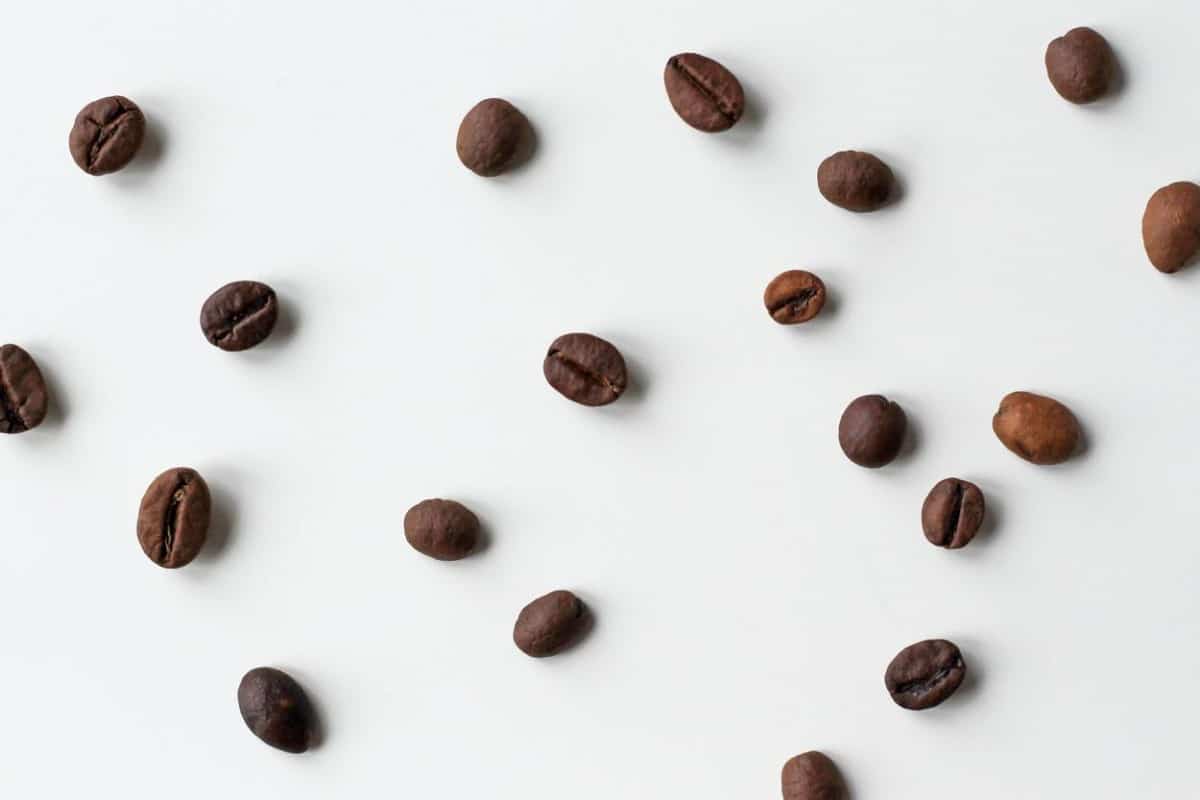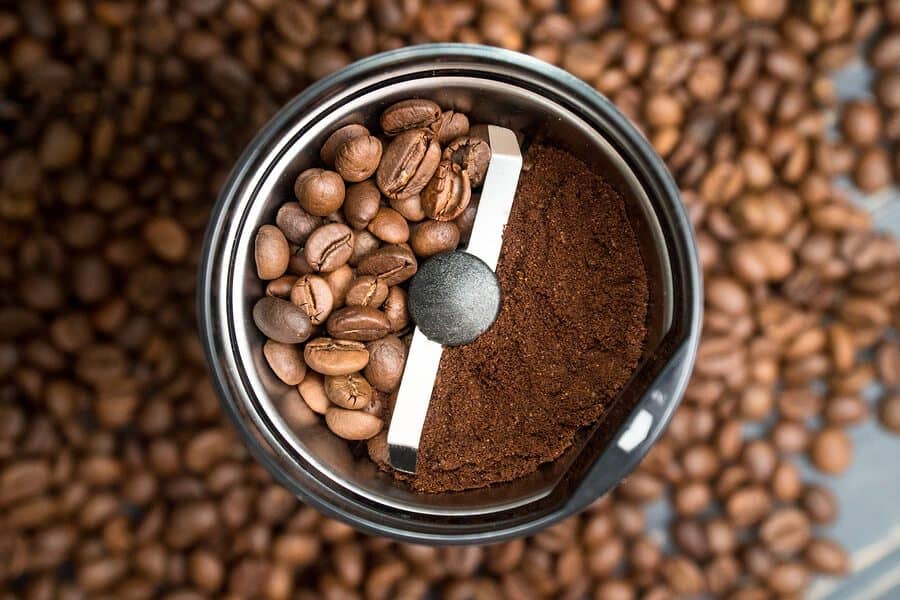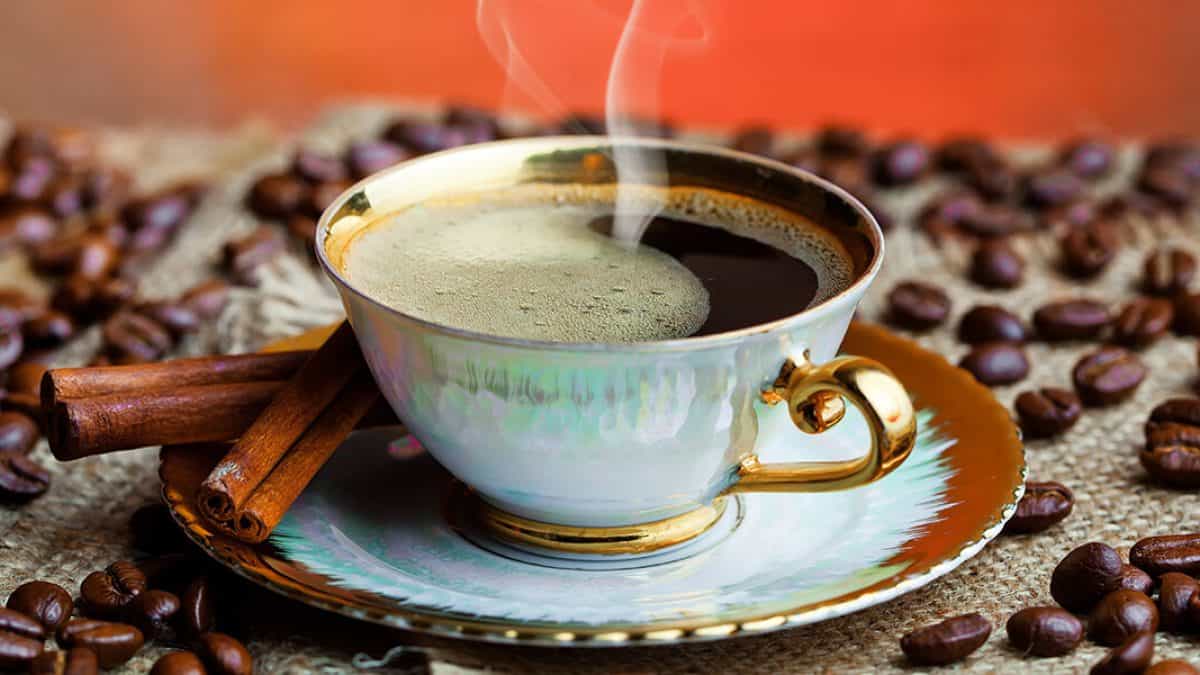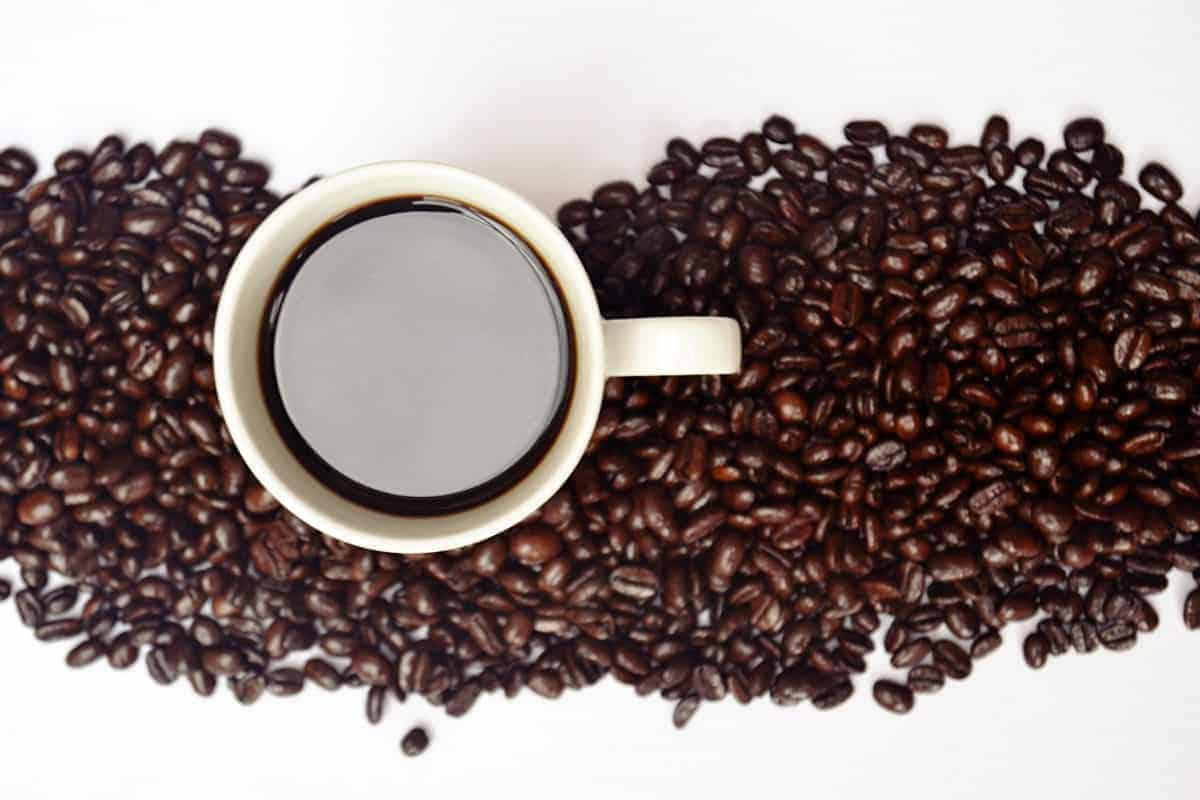You might have experience drinking coffee an hour after brewing, and it usually gets a weird taste and odd color.
Let’s talk about the science behind coffee going bad.
Coffee does get oxidized, especially after roasting. The flavor of coffee comes from the chemical compounds of which coffee contains. Once those compounds come in contact with air, they start to oxidize, resulting in the deterioration of the coffee’s flavor.
This is why you feel the change of taste just after few minutes of grinding and roasting your coffee.
Coffee grounds contain solubles: chemical compounds, oils, and acids, and all of these are responsible for the flavor of the coffee.
So, what happens that when beans come in contact with air, the oxygen zaps their flavor, making them smell different and degrade or oxide coffee soluble?
When you roast coffee, its amino acids, and sugar are lessened, it forms an increased amount of carbon dioxide from degradation. Simultaneously, a physical change occurs in the beans as the mass of the bean drops and porosity rises, making higher potential volatile compound diffusion.
Read on to learn “How long does coffee take to oxide, and what do you need to prevent it from oxidizing?“
How Long Does It Take For Coffee to Oxidize?

Coffee grounds can oxidize in a week. It typically loses its freshness and does not get stale until a year. However, fresh-brewed coffee can take 5 to 60 minutes to get oxidized.
You might rarely notice an expiration date on the package of coffee beans. Coffee beans are considered dry, stable, sound, and won’t go wrong for years. Still, if they get roasted, they lose their freshness in 6 to 7 days.
During the roasting process of coffee beans, they go through degassing to release carbon dioxide. After beans ultimately release the C02, they absorb oxygen and biome oxidize, which causes coffee to lose its freshness and deteriorate.
Once your coffee is roasted, it can last up to a year but will lose its freshness early 7 to 15 days, depending on how you store it. Moreover, coffee beans tend to have longer shelf life than ground coffee because ground coffee can stay fresh for more than a week.
Coffee beans and pre-ground coffee can’t stand being exposed to oxygen and get degas quickly.
To keep ground coffee fresh for more than a week, coffee professionals recommend storing ground coffee in a container sealed air-tight in dark places.
Is It Okay to Drink Oxidized Coffee?
It’s not recommended, but it is okay to drink oxidized coffee. Unless the coffee contains mold, it shouldn’t affect your health too much, however, if you’re looking for fresh coffee or if the thought of stale coffee beans disgusts you, then it’s best to avoid drinking coffee that you brewed an hour before.
The important thing here is that the oxidation process of coffee beans doesn’t stop once you decide to brew coffee. Most people brew 2-3 cups together and then leave the rest on the pot to get oxidized.
They come back to drink that coffee after an hour or two and cant able finish half a cup because of the weird taste of coffee.
If you leave your coffee for more than 30 minutes, the hydrogen and oxygen start reacting together and boost the pH level of your coffee, the reason behind bitter or good taste.
Coffee solubles dissolve best between temperatures 195 to 205 degrees Fahrenheit. When coffee gets brewed with hot water, it ends more flavorful than the coffee brewed at room temperature. Read my article on what I think is the best temperature to brew coffee if you’re interested.
Suppose you feel like your coffee is over-extracted. It’s better not to drink it. Over-extraction causes a bitter taste. To avoid over-extracted coffee, make sure the beans are ground in the correct size and try not to brew your coffee for too long.
How Can You Prevent Coffee From Oxidizing?

You can prevent coffee from oxidizing by storing your coffee the right way.
And what’s the right way to keep coffee? Let’s see!
Roasted coffee turns stale due to oxidation. This causes a change in the aroma and flavor of coffee which you may not want.
The freshness of unimpaired original roasted coffee mainly depends upon 4 things:
- Oxygen
Coffee can be saturated with oxygen that causes degradation of the coffee’s aroma compounds. The effect becomes fast when oil from coffee bean come on the surface of the coffee.
- Temperature
Temperature can affect the oxidation and diffusion of aroma. The hotter the temperature is, the faster coffee molecules move. That leads to aroma escape and oxygen damage. That’s the reason cool coffee at zero temperature stays fresh indefinitely.
- Space
Freshly roasted coffee beans contain aroma molecules that want to leave open space due to physicochemical forces. So where you store your coffee matters a lot.
- Time
It’s not like the freshness loses instantly, but rather it takes time. The correct way to roast, store, and brew coffee allows for freshness to stay longer.
People are naive that a good grinding process is a key to good coffee that doesn’t oxidize too fast.
To make coffee last longer and prevent the oxidization process:
- Invest in an airtight container. Transfer your coffee from the coffee bag to an airtight jar instantly after you open it.
- Buy whole and fresh brands, check the date of roasted bean carefully on the package. Opt for the coffee bag that has roasted bean says on the bag or package within one week to ensure longer shelf life.
- Grind your beans at home instead of store and invest in a good quality coffee grinder.
- Make sure to use all the beans within two weeks after opening the original coffee bag or package.
Does Instant Coffee Oxidize?
Instant coffee is extremely vulnerable to oxidation.
The determining factor is the concentration of oxygen around the atmosphere of coffee. During storage, how the product gets in contact with oxygen affects the oxidative reactor’s rate.
Instant coffee takes up and retains water readily from the atmosphere at about 7 to 8 % moisture content.
This means if you want to keep the instant coffee below 5% moisture content, the relative humidity of the air around should be 25% to 40%.
However, instant coffee’s precise value oxidization depends on its nature and what porosity and particles the coffee are made of. Therefore it’s necessary for the coffee manufacturer to tightly seal the instant coffee before the sale.
There should be a minimum product concentration with atmosphere, light exposure, temperature, oxygen to increase the instant coffee shelf life.
What Happens When Coffee Beans Oxidize?
Oxidization changes the flavor compounds to deteriorate and release into the air. It doesn’t make coffee “unhealthy” to drink, but it will ruin its taste.
It’s the same as slicing apples and leaving them for a while. How do the color, taste, and smell change so fast? It’s the same thing that happens to coffee beans after grinding and when they contact with air.
Although oxidized coffee beans are not much visible to the bare eye, they change the taste.
Moreover, the oxidation process starts when you are brewing a cup of coffee. Coffee beans touch the water and begin releasing aromatics, acids, and oils into the water.
This process makes your coffee favorable and you love it, also, heat plays an important role here—all you need to avoid is the same thing before the brewing process.

Coffee beans don’t get expired, but they lose their freshness over time until a time comes, and they taste weird.
Once you roast coffee, it’s a race against time and oxygen, their effect increases after grinding.
Also, keep in mind that once you ground the beans, the surface area expands, making the oxidation process quicker.
Coffee bean surface gets increased in different types of beans:
| Description | Size | The Ratio of Area Increase |
| Whole Bean | 6.0 | – |
| Cracked Bean | 3.0 | 1 |
| Coarse Grind | 1.5 | 8 |
| Espresso Grind | 0.20 | 11,115 |
| Drip Grind | 0.75 | 42 |
| Fine Grind | 0.38 | 512 |
| Regular Grind | 1.0 | 22 |
It would be best if you stored roasted coffee beans properly to slow down the oxidization process.
Takeaway
Oxidizing is one out of many complex reactions that occur during roasting.
Roasting is sequentially responsible for coffee staling, as it creates pressure in coffee beans via internal gas build-up. That’s the reason you see packed beans in airtight containers with vacuum-sealed.
Watch the video to learn more about how long coffee beans stay good to use.
The wise thing is to brew coffee in a small batch instead of getting excited in the morning and brewing the whole jug of coffee. Brew only how much you will be able to drink in the next 5 to 15 minutes.
Other Articles
- Check out the visual story version of this article
- Does Coffee Open Blocked Airways? (Must Know)
- Does Coffee Need Milk? (Milk or No Milk?)
- Is Coffee Nutritious? (Examined)

